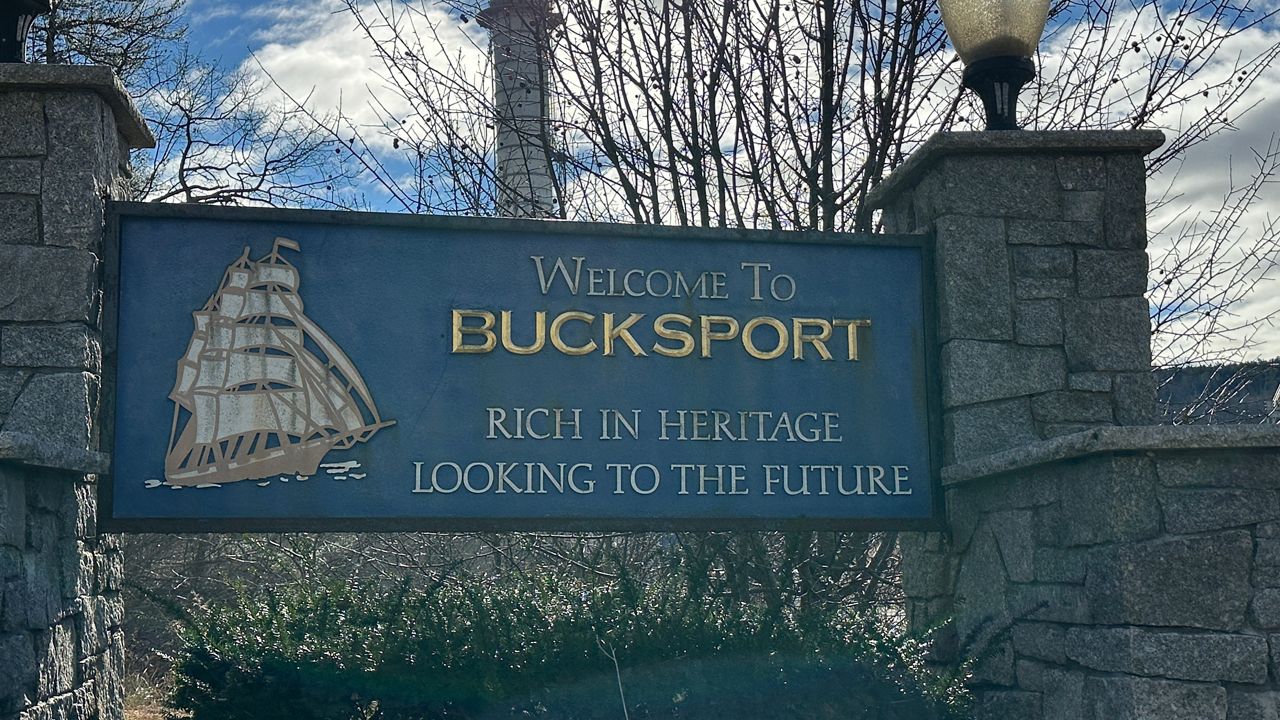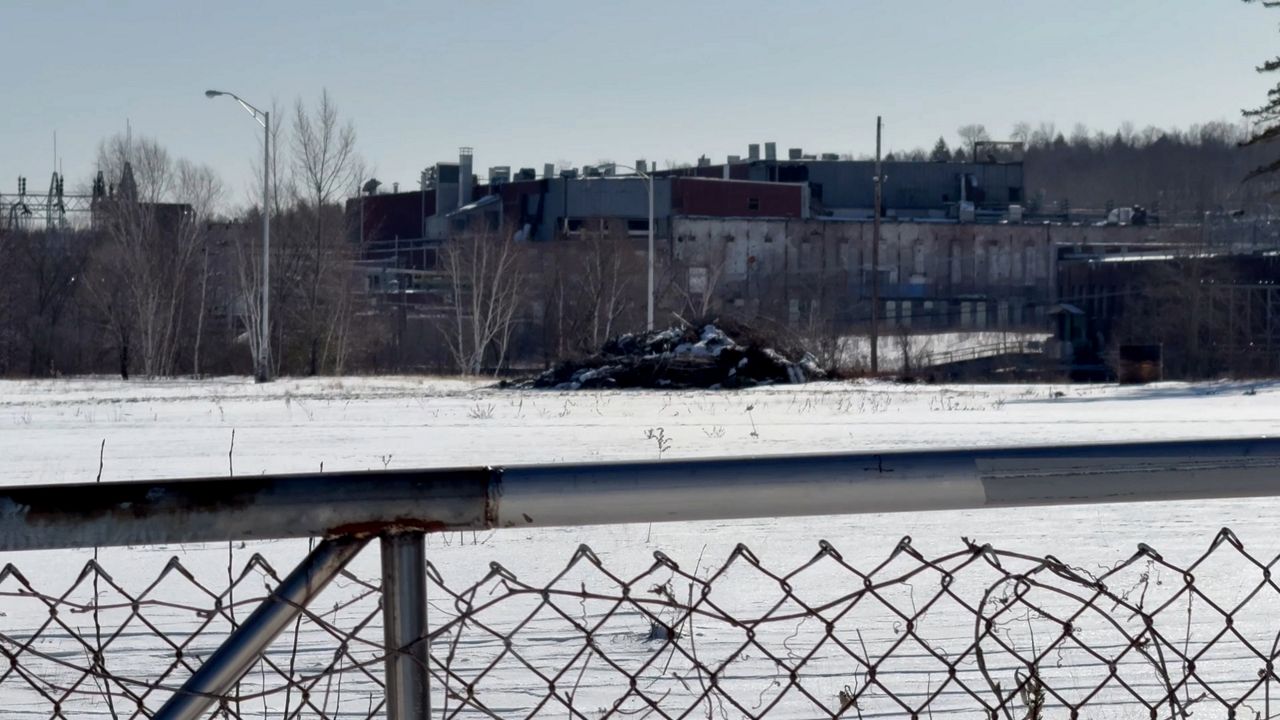Nearly 10 years ago, Bucksport’s paper mill closed for good.
At the height of production, the mill employed 1,000 people and for 80 years defined the town.
The December 2014 closure of the Verso mill left eight empty lots in the industrial park at the end of Main Street. And the downtown thoroughfare itself had 11 vacant buildings.
When Richard Rotella joined the town as community and economic development director in November 2015, he had his work cut out for him.
But town leaders had planned ahead, knowing that someday the town’s leading industry could shutter. Over the years, they set aside an $8 million rainy day fund.
“When the mill shut down, 60% of the town’s tax base went down,” Rotella said.
In the years since, Rotella has worked with regional, state and federal partners to diversify the town’s tax base by filling empty storefronts and many of the industrial spaces at the once thriving mill.
Bucksport is one of three stories of success highlighted by the Measures of Growth report released last week by the Maine Development Foundation. The Maine Economic Growth Council also recognized Dover-Foxcroft for its work on climate change and the Portland insurance company MEMIC for hiring older workers.
The report — which awards gold stars for progress and red flags for setbacks — is often used by lawmakers as a nonpartisan source of data to help make decisions about economic policy. It offers a critical look at areas of substantial weakness, such as noting that the lack of workers and high housing prices are serious problems in the Maine economy.
The report also shines a light on low test scores in Maine schools, where only 29% of fourth graders are considered proficient in reading and just 24% met minimum standards for math.
But the report also praises success, including the efforts in Bucksport to build back after the devastating loss of its major employer.
After the mill closed, about one-third of the workers took jobs in other mills, others retired and the final group started new careers in the trades employing skills gained at the mill, Rotella said.
One advantage for the town on the shores of the Penobscot River is that it’s just 20 miles from Bangor, Brewer, Ellsworth and Belfast.
“Even though we may not have that large employer at the end of the street, within 20 miles of Bucksport our folks are able to find jobs,” he said.
The population has also grown slightly from 4,925 nine years ago to 5,021 today.
The industrial sites have attracted Pemaquid Mussel Farms, Greenhead Lobster and the Maine Maritime Academy’s Center for Professional Mariner Development.
Most downtown buildings are filled too with shops, restaurants, a pharmacy, banks and a theater.
Rotella credits the state and federal governments, developers, nonprofits and residents for working together to keep the town moving forward.
But one potentially major piece of the puzzle is still missing.
Just six years ago, the town seemed poised to welcome another major industry to replace the mill when Whole Oceans released a plan to build what they described as one of the largest land-based salmon farms in the world.
Unlike other communities in Maine that have resisted similar large-scale aquaculture, Bucksport welcomed the company.
Rotella credits a $200,000 federal planning grant in 2016 with helping the town coalesce on what they would like to see go into the industrial site.
“Aquaculture was head and shoulders above anything else,” he said. “That made it easy. It’s what the public wanted. It was already an industrial site, so we weren’t taking green space and changing that into industrial.”
But at this point, the future of Whole Oceans’ project is uncertain. Local permits have expired, although state and federal permits are still active, Rotella said.
He said the company could come back to the town with a revised plan.
Whole Oceans owns 95% of the former mill site, which offers access to fresh water and salt water, natural gas, vacant land and its own power plant.
A Whole Oceans spokeswoman did not respond to a request for comment from Spectrum News.
Rotella said he looks forward to working with state and federal partners to keep the town moving forward. He encouraged other cities and towns to lean on their residents and emphasize their location as they look to keep pace with a fast-moving world.
As the Measures of Growth report explains, cities and towns will need to adapt to compete.
“The number of jobs in Maine has grown steadily since the 1990s, but the nature of work has changed,” it states. “Some jobs are in fields that didn’t exist 30 years ago: telemedicine, data analytics, search engine optimization, app development.”
And while it notes the potentially “devastating consequences” of major mill closures, it gives Bucksport credit for working to adapt.
“Bucksport’s job market and economic base has become more diverse than ever,” according to the report.










